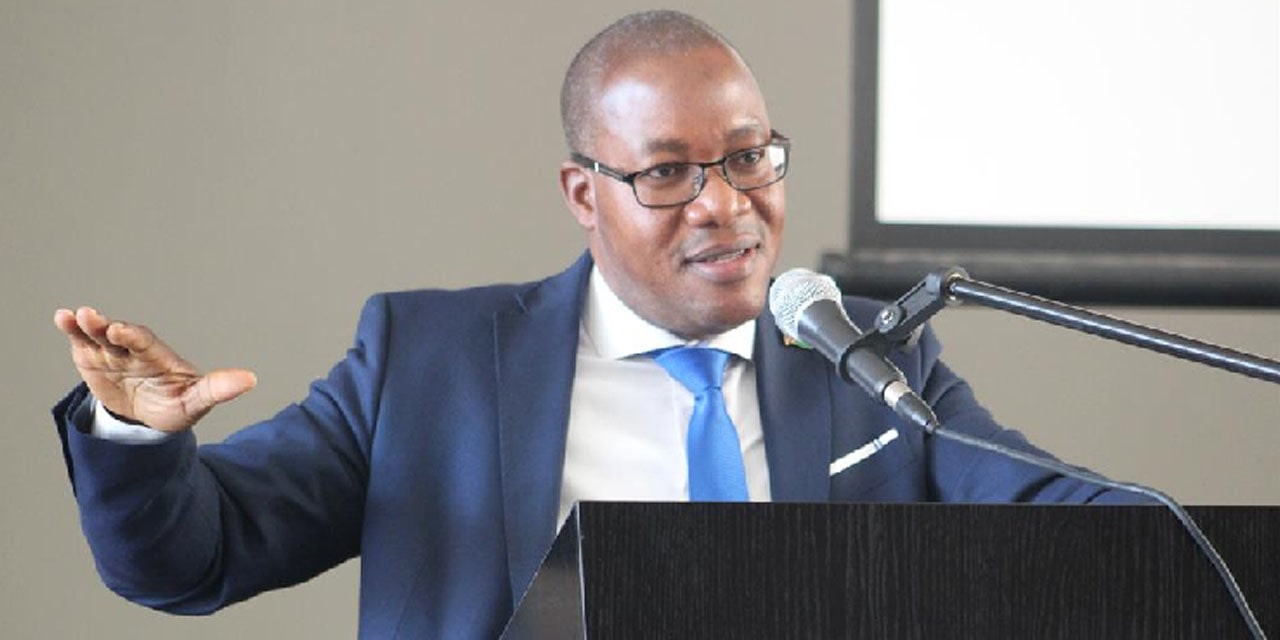Eba Kandovazu
THE Executive Director (ED) in the Ministry of Health and Social Services (MOHSS), Ben Nangombe, says the Abortion and Sterilisation Act 2 of 1975 is an outdated law that should be repealed to suit the current contemporary issues.
According to Nangombe, the 46-year-old law does not speak to the current realities happening today, saying it should be reviewed. “We will have to consult further and work around the desired legislation. Of course this will depend on what the public too has to say. Our position is that there is no dispute that there are situations where safe attempts of pregnancy termination occur, and situations where unsafe attempts of pregnancy termination occur. These are the current realities. In countries where it is legal to have abortions, maternal mortalities have come down,” Nangombe says.
He adds that although unsafe abortions are already happening, the ministry is not in a position to give statistics as it is difficult to acquire them. He however explains that global statistics show that about 61 percent of unplanned pregnancies end in abortions.
Nangombe, who also made submissions at the public hearings on whether or not to legalise abortion, says the current law, which criminalises abortion, has led to many Namibian women engaging in unsafe abortions, which is a risk to their health. The public hearings on the legalisation of abortion started yesterday and are scheduled until Thursday morning.
The Namibia Coalition and Alliance Petitioners, the Voices for Choices and Rights Coalition gave their submissions in favour of the legalisation of abortion, while the Coalition of Churches in the Omaheke Region Petitioners, who are Pro-Life, submitted against the legalisation of abortion yesterday. The hearings are being heard by the parliamentary committee on gender issues.
Lucia Witbooi, who is part of the committee, confirms that indeed abortions are already taking place, and that the situation should no longer be kept under the carpet.
Coalition of Churches in the Omaheke Region Petitioners member, Dr Francis Louw, has argued that abortion not only wounds the woman but society as well. He says long term side effects, such as guilt, anxiety and suicidal thoughts, are some of the far reaching consequences of abortion.
“It is a wound to the soul, a wound to the body and wound to society. Drug abuse could also be a side effect. We cannot prove that life does not begin at conception. If we legalise abortion, we would be producing a wounded woman,” he adds.
Another pro-life supporter, Dr Shirley Magazi, is arguing that abortion would mean the baby is serving the death penalty because of another person’s actions. According to her, the coalition serves as the voice of the voiceless. Her argument is premised on the right to life element.
“Even though we want to paint it beautifully by saying it is the right of the woman, the reality still remains that it is murder and murder remains murder regardless of the circumstances we are trying to justify. Abortion is not the answer,” she argues.
Meanwhile, The Namibia Coalition and Alliance Petitioners and Voices for Choices and Rights Coalition member, Ndiilokelwa Nthengwe, says legalising abortion would not mean that more abortions will be on the rise, but that it would make it easy for individuals to access it, making the journey less of a burden. Nthengwe argues that it would mean that women attain their reproductive justice.
She has since called on the current law to be repealed to allow for access to safe abortions in the first trimester, without approval from doctors or psychiatrists. According to her, victims of rape should be allowed to access abortions without the requirement of any approval or documents from doctors or magistrates.




